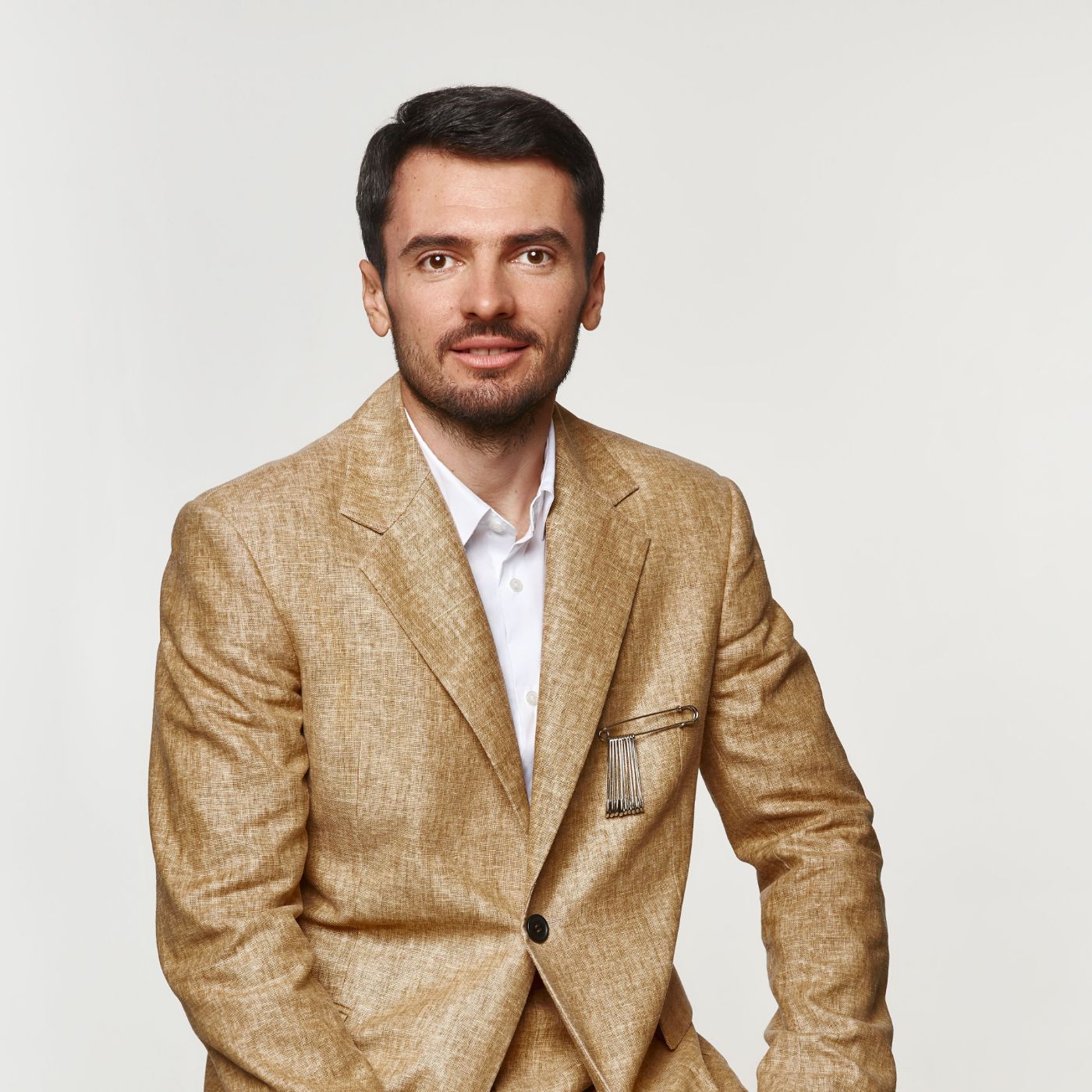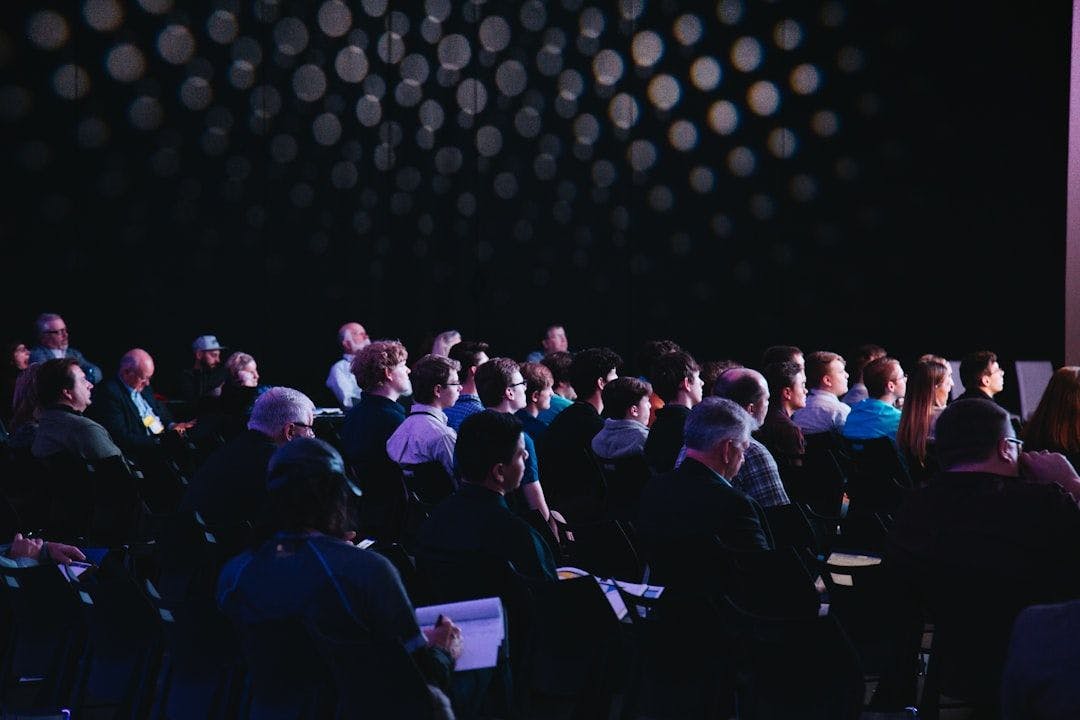353 reads
Cybersecurity and AI: Meetings and Insights from the Nexus 2050 Conference
by
July 9th, 2024
Audio Presented by

CEO and Co-Founder of DeHealth. Cyber War Strategist, global health and blockchain expert.
Story's Credibility

About Author
CEO and Co-Founder of DeHealth. Cyber War Strategist, global health and blockchain expert.
